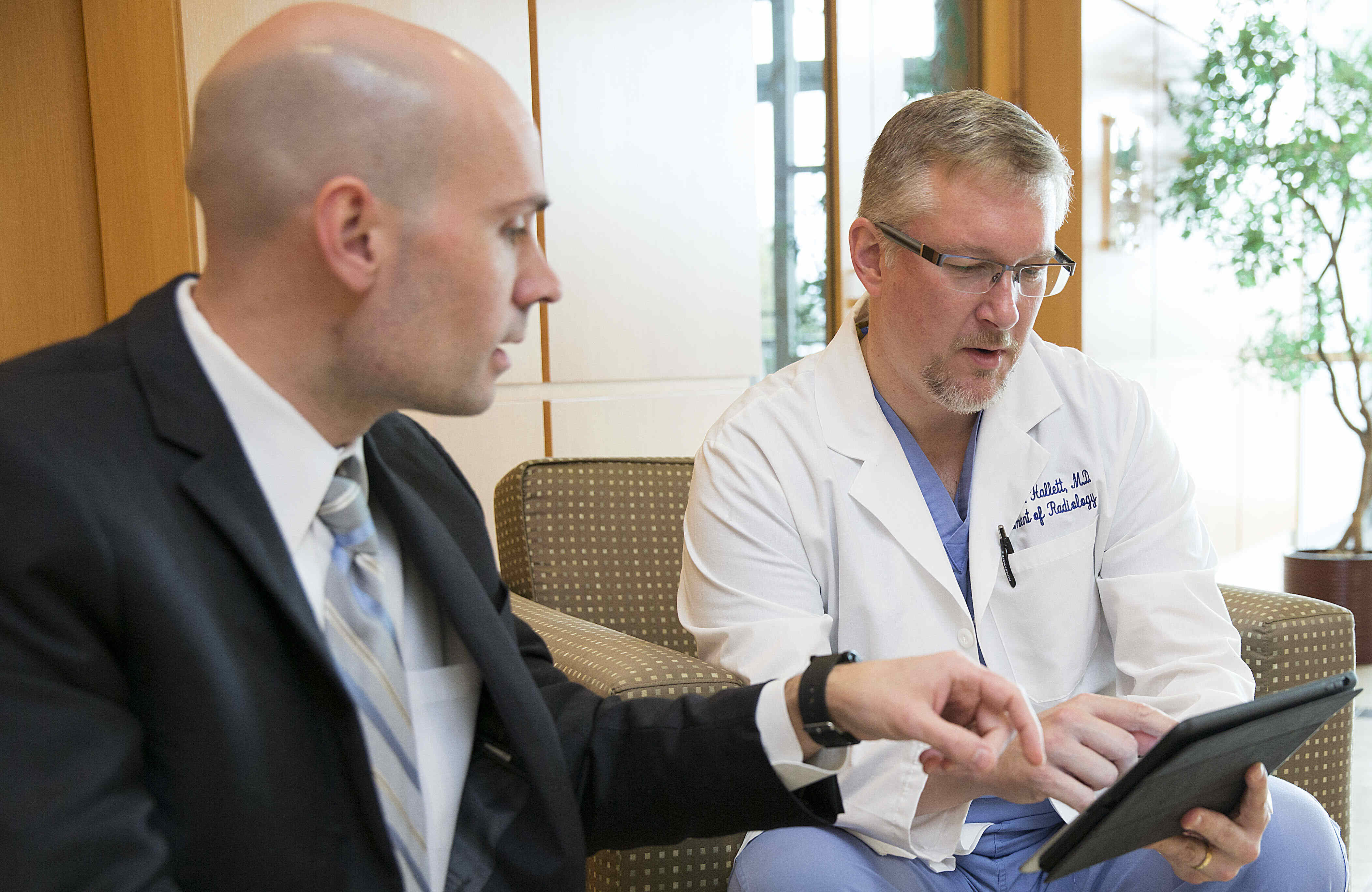5 Tips for Medical Device Sponsors for Running a Successful Clinical Trial
Clinical Trail Services

Everyone is demanding more clinical evidence from medical device companies these days. FDA wants to see more clinical data before and after granting approval for marketing devices. Hospitals and physicians are asking for more of it when making purchasing decisions. This pressure is forcing medical device companies to collect more clinical data on their devices than ever before, and they primarily are responding by running more clinical trials to distinguish their products from competitors. However, most medical device companies lack internal resources and capability to run a complete clinical trial operation in-house. This is mostly true for small and start-up companies, which have little to no experience in running a clinical trial. As a result, we are observing a consistent rise in the outsourcing of clinical services to contract research organizations (CROs). Selecting the right CRO to manage a clinical trial can be a critical decision in a company’s successful outcome. Here are 5 tips for medical device sponsors for running a successful clinical trial:
1.Selecting a CRO with medical device expertise
Most CROs are focused on running pharmaceutical trials and lack sufficient medical device trial experience. When CROs give you a presentation and start talking about 1572s and Phase II/III studies, you know they have not conducted trials on medical devices. The basics of running pharma and medical device trials are the same, but there are some significant differences that cannot be overlooked. The ideal CRO for your trial will have demonstrated success running clinical studies in your product’s therapeutic area.
2. Creating an internal clinical research team
Outsourcing doesn’t mean completely turning over the reins to your CRO. Nobody knows your product better than you do, and the CRO is going to need your guidance, feedback and support based on your expertise. Hence, it is important for a sponsor to form at least a one-member team who will be committed to this job. This person or team will be fully involved in the process, and ultimately be responsible for project outcomes.
3. Engaging vendors early in the process
Sponsors need to initiate communication with prospective vendors as early as possible in the start-up process. This benefits sponsors by connecting with all clinical teams and laying the groundwork for future interactions. Having several meetings with the sponsor and outsourced staff prior to start-up can keep all parties apprised of trial protocols and progress.
4. Having effective risk management processes
In reality, all projects have a mix of risks, problems and uncertainties. Hence, sponsors must not expect all the plans and schedules that are developed will happen exactly as planned. Sponsors must set more realistic timeline targets. Feasibility assessments are done in an effort to de-risk the study, although it may or may not reduce the uncertainty. Sponsors must create action plans and allocate funds to enable them. Risk management greatly improves the predictability of project outcome in terms of time and cost.
5. Having full transparency for collaborative partnership
Sponsors should be open with a CRO about what exactly they need from the agreement, what they can afford, and the project scope. This will help them work with CROs in true partnership. Sponsors and CROs need single-view analytics and ability to collaborate through data-driven tasks and workflows. The advantages of building a collaborative relationship with your CRO can be significant.
To learn more about our clinical services and how we can partner with you, please call 855.461.1633, email us askmed@medinstitute.com, or visit medinstitute.com.
Get email about news, services, and events from MED Institute.
OUR COMMITMENT
We are committed to consistently performing services with high quality, that deliver exceptional results, and add value to the client’s business.
For client surveys sent since 2024, we received ratings of 4.99/5 (16).
